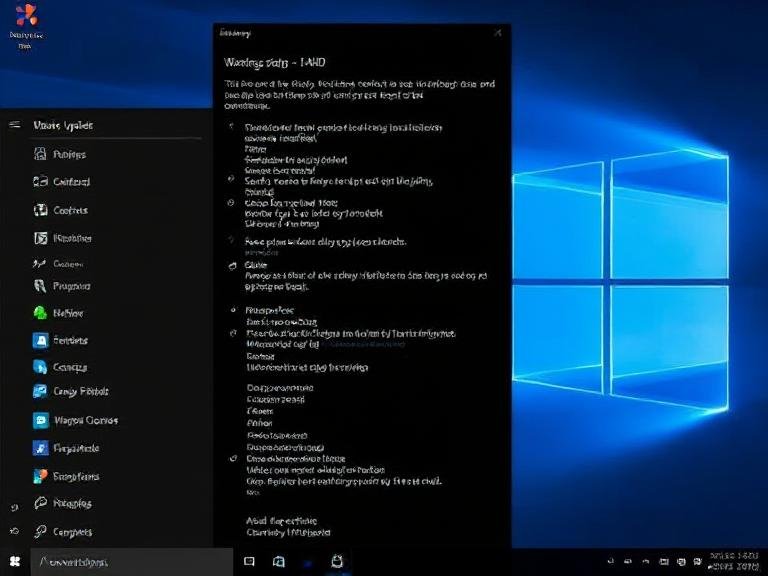
UK Court Rejects Wikimedia’s Challenge to Online Safety Act
The High Court of Justice in London has dismissed a legal challenge brought by the Wikimedia Foundation over the UK’s Online Safety Act (OSA) Categorization Regulations, marking a setback for the organization’s efforts to secure clear legal protections for Wikipedia and its global community of volunteers.
The Foundation had argued that classifying Wikipedia as a Category 1 service under the OSA — a tier reserved for the largest online platforms — would impose disproportionate obligations designed for commercial social media giants, not volunteer-driven knowledge projects. These duties include strict content safety measures and potential identity verification requirements that could fundamentally alter how Wikipedia operates.
Although the court ultimately ruled against Wikimedia, it acknowledged the unique nature of Wikipedia and expressed concern about the risks such regulations pose to free expression, privacy, and the safety of volunteer contributors.
A Landmark Case with Wider Implications
This was the first legal challenge to the OSA’s categorization rules, making it a pivotal moment in the ongoing debate over how governments regulate the internet. While the ruling dismissed the Foundation’s claim, it did not endorse a one-size-fits-all enforcement approach.
The judge recognized Wikipedia’s immense public value as a free, independent, and widely trusted source of information. Crucially, the court stated that the decision does not give Ofcom or the government free rein to implement rules that would “significantly impede Wikipedia’s operations.”
In fact, the ruling suggests that regulators may need to apply flexibility or discretion when interpreting the OSA — or that Parliament may eventually need to amend the law to better accommodate non-commercial, community-run platforms like Wikipedia.
The court also warned that if Ofcom or the UK government fails to account for these distinctions, they could face future legal consequences — leaving the door open for further challenges down the line.
Privacy and Safety at Risk for Volunteers
One of the Foundation’s core concerns is the potential requirement to verify the identities of volunteer editors. Under the current interpretation of the OSA, platforms deemed high-risk may have to collect and store personal data from users — a mandate that could directly threaten the anonymity that protects many Wikipedia contributors.
The Wikimedia Foundation has repeatedly warned that forcing volunteers to reveal their identities could expose them to:
- Harassment or stalking
- Legal action from litigious individuals
- Surveillance or imprisonment in authoritarian countries
- Data breaches if sensitive information is collected and stored
For contributors in politically sensitive regions or those editing controversial topics — such as human rights, religion, or government corruption — anonymity isn’t just a preference; it’s a lifeline.
The Foundation was supported in its challenge by User:Zzuuzz, a long-time UK-based Wikipedia volunteer, who testified about the real-world risks editors face if their identities are exposed. Their involvement underscored that this case isn’t just about legal technicalities — it’s about human rights and digital safety.
A Setback, Not the End of the Fight
While the court’s decision is a legal loss, it includes important acknowledgments that could shape future policy. The judge’s recognition of Wikipedia’s public service role and the dangers of misapplying the OSA to non-traditional platforms may influence how Ofcom enforces the rules in practice.
Still, the lack of clear legal exemption leaves uncertainty. The Foundation now faces a difficult path: either comply with rules never meant for its model, or continue advocating — legally and politically — for a tailored solution.
The ruling also highlights a broader issue: digital regulations often fail to distinguish between profit-driven tech giants and mission-driven, community-run platforms. Applying the same rules to both risks undermining the very openness and safety the OSA aims to protect.
What Happens Next?
The Wikimedia Foundation has stated it will continue working to protect Wikipedia’s integrity and its volunteers. This could involve:
- Engaging directly with Ofcom during the rule-making process.
- Pushing for legislative amendments in Parliament.
- Exploring technical and policy solutions to meet safety goals without compromising privacy.
For now, Wikipedia remains at risk of being caught in a regulatory net designed for others. But as the court itself implied: common sense must prevail.





